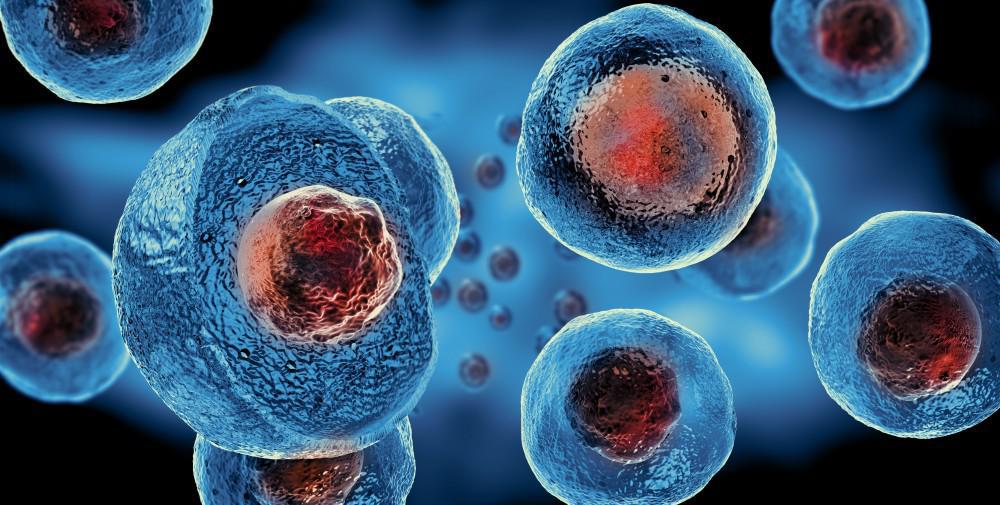Heal using your body’s regenerative power
Only recently has science advanced enough that we can tap into the body’s natural healing ability, extract the very cells responsible for growing new tissues, and use them to treat injuries and soothe pain.
The cells that build your body and keep you healthy by repairing and replacing damaged tissues are:
Stem cells
Your body has a variety of adult stem cells that continuously replicate, creating a new cell that can develop into one of many possible cells, each with a unique function. For example, mesenchymal stem cells regenerate tissues such as collagen, tendons, ligaments, cartilage, muscle, and bones.
Platelets
Platelets are a natural component of your blood. When you suffer an injury or develop a disease, platelets go to the damaged tissues and release a variety of growth factors to trigger healing.
Relieve chronic pain
Regenerative treatments build new tissues, reduce inflammation, and help prevent scar tissue from forming. Working together, these actions do such a good job of relieving pain that stem cells and platelets in the form of platelet-rich plasma (PRP) may be used solely to treat your pain.
Regenerative therapies are especially beneficial for alleviating pain caused by soft tissue injuries, such as strained muscles, sprained ligaments, and torn tendons. We often use PRP to reduce chronic back pain and to diminish pain caused by knee osteoarthritis.
Better results for slow-healing tissues
You’ll definitely want to consider regenerative treatment, especially PRP, when you have a slow-healing injury. There are several reasons tissues can take too long to heal, but in all cases, regenerative therapy speeds up the process:
Age
Although your platelets and stem cells keep working throughout your lifetime, their response slows down as you get older. As a result, you don’t heal as quickly.
Severe injury
If you have a severe or extensive injury, your body’s regenerative abilities may be overwhelmed, making healing slower than normal.
Tissues with poor blood supply
Some tissues in your body, like your tendons and the meniscus in your knee, have a poor blood supply. Without enough blood, tissues can’t get the platelets, stem cells, oxygen, and nutrients needed to heal at a normal pace. In some cases, they may not fully heal without regenerative treatment.
No worries about side effects
You don’t need to worry about adverse reactions or side effects because we use your own platelets and stem cells. That’s a huge benefit considering the problems that can arise when you take medications.
Stem cells are harvested from a sample of your bone marrow or body fat, while we prepare PRP from a sample of your blood. Then we inject the prepared cells back into your body at the site of your injury, and they go to work doing their natural jobs: regenerating and healing.
Beneficial for many health conditions
Orthopedic specialists were among the first to recognize and use PRP and stem cells to relieve pain and stimulate healing in a broad range of musculoskeletal injuries and degenerative diseases. They also use apply regenerative treatments to tissues during surgery to promote healing and longer-lasting results.
As pain specialists, we have carefully studied regenerative medicine and continue to stay abreast of the latest advances. As a result, we have the knowledge and experience to properly use stem cells and PRP to treat numerous pain conditions. Some patients may even prevent or postpone surgery when they try regenerative options before scheduling a procedure.
The benefits of regenerative therapies don’t stop at orthopedic procedures and pain medicine. They’re used to restore hair growth in balding men and women and to rejuvenate skin when used during a facial.
From using stem cells to fight cancer. regenerate brain cells, and reverse diabetes, to providing further evidence of PRP’s effectiveness, studies continue to show that there’s no limit to the benefits of regenerative medicine.


